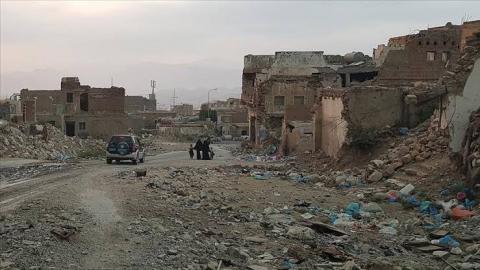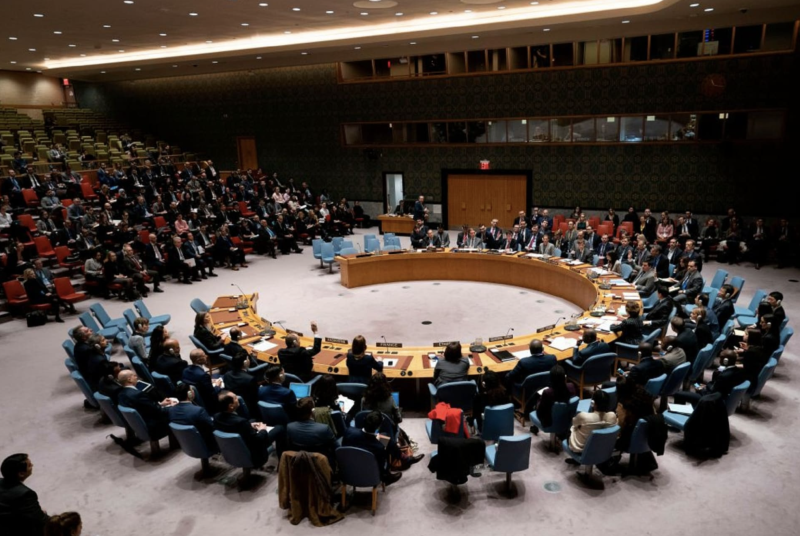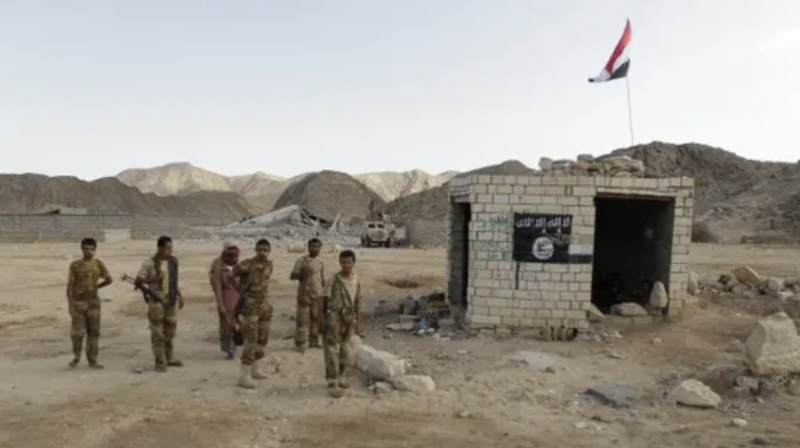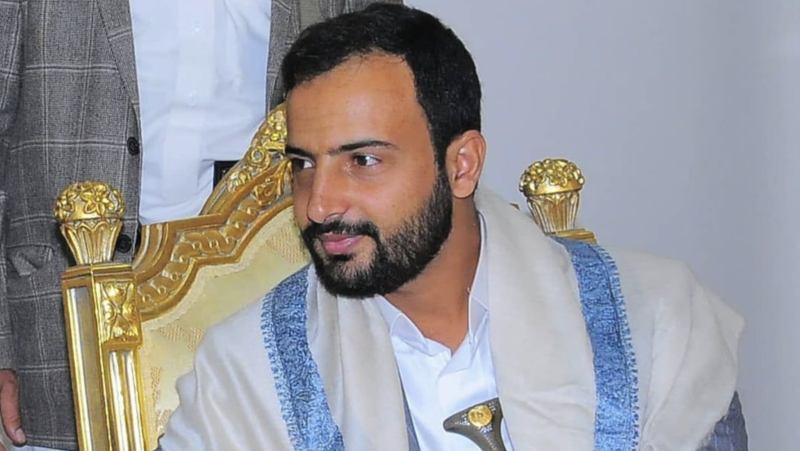Biden Envoy in Saudi Arabia to Push for Quick End to Yemen War


Timothy Lenderking, the newly tapped U.S. special envoy for Yemen, is in Saudi Arabia this week, just days after President Joe Biden moved to terminate the U.S. role in the Yemen conflict by cutting off offensive support for the Saudi-led coalition.
The official Saudi Press Agency showed pictures on Wednesday of Lenderking meeting with Saudi Foreign Minister Faisal bin Farhan in Riyadh. “He is going to be delivering a new message to them about their actions in Yemen,” a former senior Trump administration official familiar with the trip told Foreign Policy, including an explanation of why the United States cut support to the Saudi-led coalition.
Saudi Arabia has signaled that it is willing to work with Biden on the conflict in Yemen to head off tensions with his administration. Biden vowed to “reassess” the U.S.-Saudi relationship in contrast to former President Donald Trump’s embrace of Riyadh.
Lenderking is also set to meet with officials representing the government of Yemen and the U.N. special envoy for Yemen, Martin Griffiths, who is fresh off a visit to Iran. In addition to cutting intelligence support to the Saudi-led coalition for its operations inside Yemen, the Biden administration indefinitely paused the sale of precision-guided munitions to Riyadh worth as much as $760 million, Defense News first reported. After his appointment, Lenderking spent the end of last week and into the weekend making calls to leaders of nongovernmental organizations and ambassadors in the region to help lay the groundwork for the visit.
But the trip, which current and former U.S. officials said is designed to send an immediate message about the seriousness of the Biden administration’s push for peace, provides a jarring split screen for the renewed U.S. effort. On Wednesday, the Iran-backed Houthi rebels, who control the areas where the majority of Yemen’s population lives, claimed responsibility for a drone attack on an airport in Abha, Saudi Arabia—an attack that the Saudi-led coalition described as a war crime.
Yemen faces the world’s worst humanitarian crisis, with some 24 million civilians on the brink of famine after six years of war between the Saudi-backed government and Houthi rebels.
Ending U.S. support for the Saudi-led coalition’s offensive operations in Yemen and halting Trump-era U.S. arms sales to Saudi Arabia were two of Biden’s first moves on foreign policy. He also reversed the Trump administration’s eleventh-hour designation of the Houthis as a foreign terrorist organization, which the United Nations and aid organizations warned would hamper efforts to deliver humanitarian aid to civilians in Houthi-controlled territory. Officials said the decision was due to concerns about the humanitarian situation in Yemen and not a result of any reduction in Houthi attacks.
Former Trump administration officials have criticized Biden’s early moves, arguing that they will strengthen Iran’s hand in the region and embolden the Houthis. “It’s a little bit embarrassing for the administration to announce the delisting of a terror organization and to turn around quickly and condemn terrorist activities by that organization,” said Richard Goldberg, a former director for countering Iranian weapons of mass destruction on Trump’s National Security Council.

NewYork -- The United Nations Security Council has urged all parties in Yemen to de-escalate tensions and intensify diplomatic efforts to end the c…

Marib — A senior al-Qaeda commander was killed Tuesday in a suspected U.S. drone strike in Yemen’s northern province of Mareb, accordin…

London — The United Kingdom has announced new sanctions targeting Hussein al-Houthi, son of Abdulmalik al-Houthi, leader of the Houthi militi…